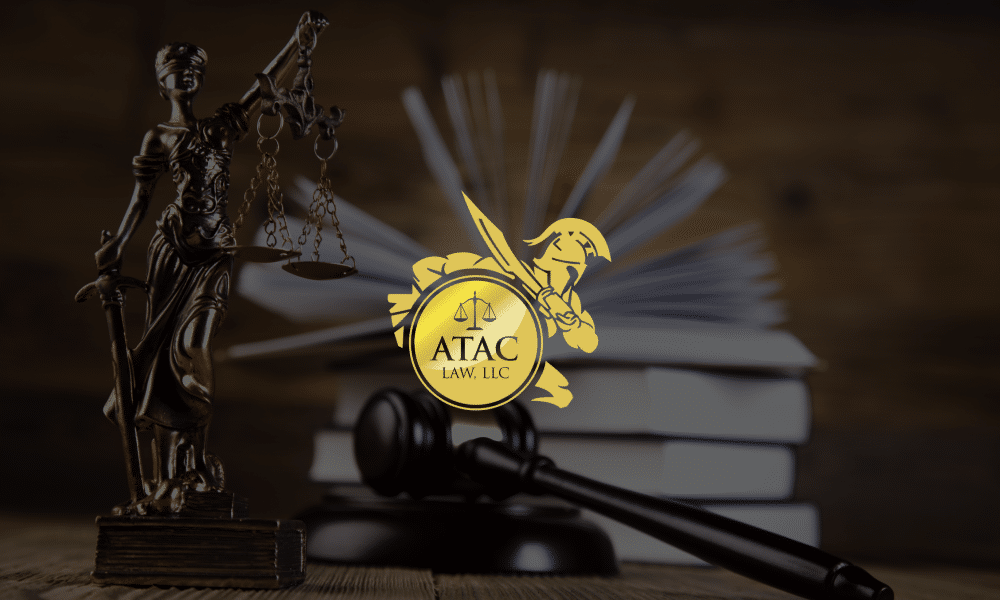The state of Nevada has stringent laws against the creation of child pornography, detailed in NRS 200.710. This law specifically prohibits employing minors in the production of sexually explicit material. Nevada law NRS 200.710 makes it a criminal offense to knowingly use a minor, anyone under 18 years old, in creating pornography. This includes any performance that simulates or involves sexual conduct by a minor. The gravity of this offense is underscored by its categorization as a category A felony, reflecting the state’s commitment to protecting minors from exploitation. Our team at ATAC Law is dedicated to providing clarity on such critical topics, helping you understand the legal landscape in Nevada regarding child pornography and its serious implications.
How Does Nevada Law Safeguard Children Against Sexual Exploitation in Media?
In Nevada, the law stipulates a strict prohibition against the exploitation of minors for sexual content. According to statute NRS 200.710, it is considered a criminal offense for an individual to knowingly involve, encourage, lure, or allow a minor to:
- Simulate or partake in sexual conduct for the purpose of producing any form of media;
- Aid in simulating or engaging in sexual conduct for media production; or
- Become depicted in a sexual manner within any media (irrespective of the minor’s awareness of their involvement in such content).
Fundamentally, the statute forbids the use or consent to use individuals under 18 in any sexual context within performances. This law applies universally, regardless of whether the content is intended for live display, such as in theaters or online streaming, or meant to be captured and stored, like in photographs, videos, movies, or audio recordings.
Moreover, in Nevada, each instance of a minor’s involvement in a sexual performance is treated as a distinct criminal offense. For example, if an individual is accused of engaging a minor in sexual activities during two separate photo sessions, they would face two separate charges under NRS 200.710.
What are the Consequences for Producing Child Pornography in Nevada?
In Nevada, engaging a minor in the production of pornography is deemed a severe violation under NRS 200.710, classified as a category A felony. The consequences for such an offense include:
- A possible life sentence in prison;
- Fines that can reach up to $100,000.
For offenses involving children under 14 years old, the individual convicted may become eligible for parole after serving a minimum of ten years. In cases where the child is 14 years old or older, eligibility for parole might start after five years in prison. Additionally, offenders might be compelled to surrender any profits or properties gained from the illicit activities, as part of asset forfeiture procedures.
A critical aspect of the punishment also includes mandatory registration as a Tier II sex offender in Nevada for a period of 25 years. This means the individual’s information would be accessible in public databases online. Moreover, a conviction entails lifetime supervision as per NRS 176.0931, though there is a possibility of appealing for removal from lifetime supervision after a decade.
It’s important to note that through legal negotiation, there’s potential for the charges to be significantly reduced or even dismissed, should a defense attorney successfully negotiate with the district attorney.
Can Producing Child Pornography Lead to Deportation for Non-Citizens in Nevada?
Engaging in the production of child pornography is classified as a crime of moral turpitude in Nevada, making it a deportable offense for non-citizens. Individuals facing charges under NRS 200.710 are advised to seek skilled legal representation. The aim would be to either have these charges dropped or altered to offenses that do not carry the risk of deportation.
What Legal Defenses Can Be Used Against Charges of Producing Child Pornography in Nevada?
In Nevada, individuals charged with the production of child pornography under NRS 200.710 can assert several defenses to contest the accusations:
1. Lack of Knowledge
To be convicted, it must be established that the defendant knowingly engaged in creating child pornography. If, for example, someone named “Alex” is recruited to cast talent for what appears to be a legitimate series targeting younger viewers in Las Vegas, yet the project is a cover for producing child exploitation videos, then Alex could argue they were unaware of the true nature of the project.
If this were to proceed to court, the prosecution would have to conclusively demonstrate that Alex had knowledge of the illicit activities, which can be challenging as it involves proving someone’s internal thought process.
2. Content Not Classified as Pornography
It is sometimes challenging to distinguish between what’s considered pornography and what’s protected as art under the Constitution. If the defense can prove that the disputed content has significant literary, artistic, political, or scientific merit, the charges might be invalidated.
Expert witness statements or comparisons to sexually explicit material that falls within First Amendment rights might be employed by the defense team to bolster their case.
3. False Accusations
Defendants could also argue that they were wrongfully accused due to someone’s vengeance or misunderstanding. There are instances where individuals, including minors, may fabricate stories, not fully grasping the severity of the allegations they make. In these circumstances, defense attorneys will gather witness statements, alibis, and any other relevant evidence to prove their client’s innocence and lawfulness.
Is It Possible to Seal a Criminal Record for Child Pornography Charges in Nevada?
In Nevada, individuals found guilty of a violation under NRS 200.710, related to child pornography production, are ineligible to have their criminal records sealed. However, should the charges be dropped, the opportunity to apply for a record seal becomes available immediately.
What Are the Penalties for Related Child Pornography Offenses in Nevada?
In Nevada, offenses connected to child pornography carry severe consequences:
- Facilitating a Child’s Sexual Performance (NRS 200.720)
This offense is treated with the same severity as the production of child pornography. As a category A felony, it can result in life imprisonment and fines reaching $100,000. - Promoting Child Pornography (NRS 200.725)
Distributing or advertising child pornography is classified as a category B felony, punishable by one to fifteen years of imprisonment and fines up to $15,000. - Accessing Child Pornography Online (NRS 200.727)
A first-time offense of viewing child pornography via the internet is prosecuted as a category C felony, which may lead to one to five years in prison and fines up to $10,000 at the discretion of the court. - Possession of Child Pornography (NRS 200.730)
Possessing child pornography for the first time is treated as a category B felony, carrying a sentence range of one to six years and potential fines up to $5,000, based on the judge’s ruling.
For further legal assistance and to discuss your case with an expert, don’t hesitate to contact ATAC LAW.




